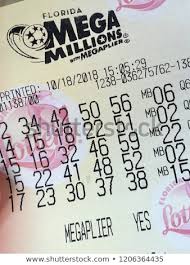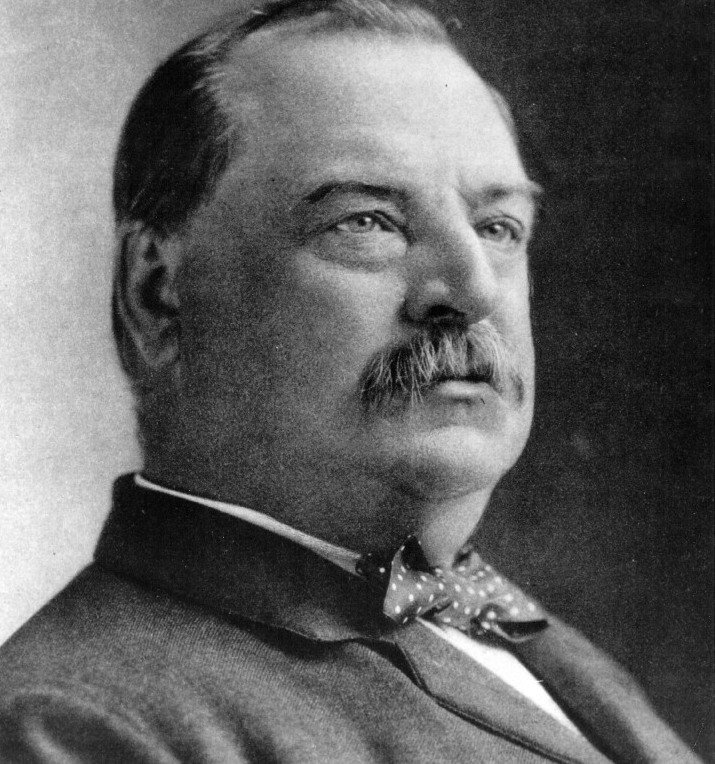It’s all so simple in retrospect. Maybe I shouldn’t give away the secret. But I feel an obligation. Why should I be the only one to win? Everyone can win! It’s so straight forward. Here is exactly what I did. If you do the same thing, your results will be the same. Obviously. You can win too. There’s no reason why not!

Admittedly, some aspects of the winning strategy are not immediately apparent. But with a little thought and hard work you can’t go wrong. For example, my mother’s birthday is the 19th. But my mom met my dad on the 14th. Clearly, 14 was the correct number, not 19. That’s the mistake a lot of people make: Just picking birthdays. But if winning were easy, everyone would do it. It’s hard but necessary to distinguish what is most important. Similarly, I picked 47 because it’s a prime number and 49 because it’s not. So 14, 47, and 49. Then 36 because it came to me in a dream. And 22 because Grover Cleveland was the 22nd president. 14, 47, 49, 36, and 22. See? Simple. A million dollars.

22nd and 24th president
The lottery winnings based on my foolproof system were welcome but hardly surprising. If you follow the steps outlined above, there is no doubt but that you will win also. What you do with all that money is up to you.
***
Perhaps the discerning reader will perceive an analogy with students pontificating about why they were admitted to “top” schools: After deciding to be graduated first in my class, I figured that because five is half of ten and ten rhymes with “yen” and yen is Chinese money* and minority applicants have an advantage so that’s how many advanced placement courses I took times the square root of how many hours I volunteered at the leech cleanup. (There are no beaches where I live but many of our parasitic worms could benefit from a make over.) So of course I was admitted to Princeton. Again: obviously.

Which is not to say that admissions is completely random but there is an arbitrary aspect. Perfect prediction is not possible. Not before decisions are announced anyway. Two applicants with identical credentials get different responses.
Kids admitted to “top” schools blathering on about how they did it and you can too annoys me only slightly more than lottery winners describing how they picked the right numbers. That the child pontificating about how she decided how may AP courses to take is wrong regarding her every insight into the admissions process does not lessen my nausea.
Swarthmore tour guides routinely allude to how there are more applicants with 1600 SAT scores than there are spaces in the first-year class. More valedictorians than beds too. Some “top” kids are admitted; some not. It’s impossible to predict in advance, easy to explain after the fact. (“My mother met my dad on the 14th;” “I took five AP courses.”)

Of course that Swarthmore data is from 30 years ago. The most competitive colleges are even more selective present day.
So if there is a conceptual overlap between picking winning lottery numbers—unadulterated chance—and admission to “top” colleges, what is a loving parent to do?
Start by allowing your child to be passionate about learning. The teacher asks the students to memorize the names of the counties in Florida. Your child would prefer to read about Florida history: The St. Augustine settlement predates those in Massachusetts! The Castillo de San Marcos Fort in Florida was impervious to cannon balls! Five Native American tribes with vastly different cultures! Consider encouraging your child not to learn any of the 67 counties. Let her get an F. Let her read and study that which is meaningful to her, whether or not she complies with every classroom assignment.
If some aspects of admissions decisions are beyond her control, enjoying her education makes more sense than dreaming about lottery numbers.
* Of course “Yuan” in Chinese currency. The “Yen” is from Japan. But it seemed rude to interrupt.



One thought on “The Lottery”
Dear David:
I LOVE your idea about allowing ahold to study / learn about topics of the student’s REAL interest.
However, in the face of teacher / school expectations for “cooperation” and “achievement”, it takes a special mindset for the child and parent for that to “work” if the result will be an “F” for not studying the prescribed curriculum.
Your idea also implies that the process of learning and LOVE of learning is more – or AS – important (often) than the content. I agree. Will there be a “grass roots” revolution of families taking this course of action? Could that create systemic change?
Perhaps some schools and teachers (and school districts?) will “come around” to this notion. Who know what the future will hold?
I recommend you blog to all – you always make me think!